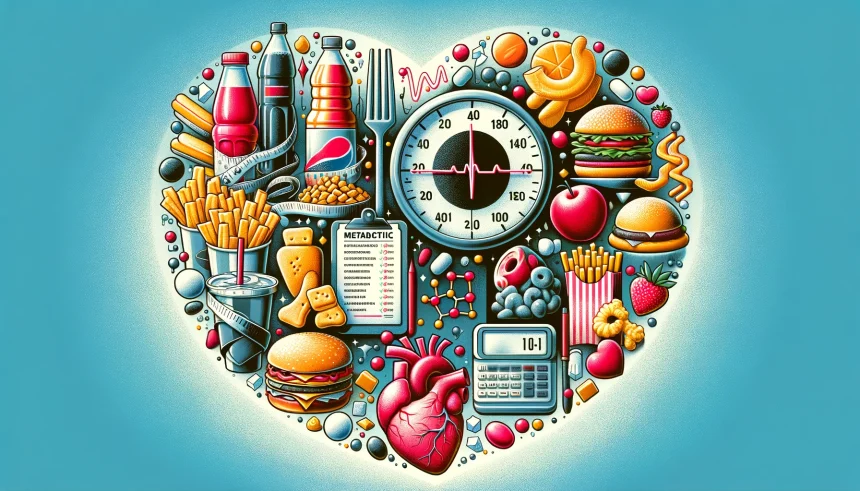The increasing intake of ultra-processed foods (UPFs) is attracting close attention in the field of nutrition research because of its significant effects on metabolic health. These food ingredients, which are defined by their thorough processing and addition of taste enhancers, colorants, and preservatives, are finding their way into more and more diets throughout the world. Recent research efforts have started to decipher the nuanced mechanisms by which UV protection factors (UPFs) might trigger metabolic diseases, shedding light on the complicated interactions among many components and the potential health risks linked with increased UPF consumption.
Interpreting Highly Processed Foods
UPFs are distinguished by their high concentration of refined ingredients, noticeable lack of whole foods, and abundance of food additives. Essential examples are sugar-filled drinks, packaged snacks, ready-to-eat meals, and dehydrated meat items. UPFs are categorized in “Group 4,” which represents the highest level of food processing, under the NOVA food categorization system, which arranges food products according to their level of processing and function.
Connections to Metabolic Diseases
A growing body of evidence highlights a strong correlation between UPF intake and an increase in the risk of metabolic diseases, including obesity, type 2 diabetes mellitus (T2DM), and cardiovascular ailments. High blood pressure, high blood sugar, central obesity, and dyslipidemia are among the conditions that present as a constellation and increase the risk of heart disease, stroke, and type 2 diabetes.
Fundamental Mechanisms of Action
There are many reasons why UPFs have a negative impact on metabolic health.
Nutrient Profile: Unhealthy fats, high-added sugar, and salt are the main complaints leveled against UPFs; in contrast, dietary fiber, vital vitamins, and minerals are in short supply.
- Additive Concerns: A variety of chemicals and preservatives found in UPFs have been linked to harmful health effects, including disturbances of the balance of the gut microbiota and metabolic pathways.
- Propensity for Overconsumption: Due to UPFs’ convenient and enticing flavor, overindulgence might result in calorie excess and weight gain.
Research-Based Insights
Numerous studies have examined the relationship between UPF intake and metabolic health. The detrimental effects of UPFs on food quality and health indicators have been highlighted in publications published in prestigious magazines, including Nature and The Lancet. The correlation between a higher intake of ultraviolet protection factor (UPF) and a higher risk of metabolic syndrome and its component diseases has been further confirmed by systematic reviews and meta-analyses.
Recommendations and Implications for Public Health
Reducing UPF intake is being recommended as a preventative measure against metabolic diseases because of mounting evidence. The benefits of whole, minimally processed foods for maintaining metabolic health and delaying the development of illness are increasingly being highlighted by public health campaigns and dietary guidelines.
Conclusion
The conversation about the effects of highly processed meals on metabolic health is becoming more central in discussions of nutrition and public health. Research to clarify the mechanisms by which UPFs increase the risk of metabolic diseases is still ongoing, but it is prudent to limit their intake as a preventative step to improve health and delay the onset of chronic illnesses.








